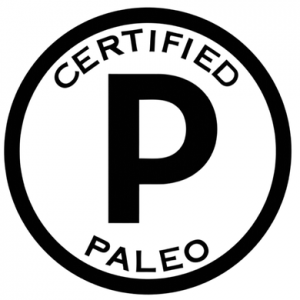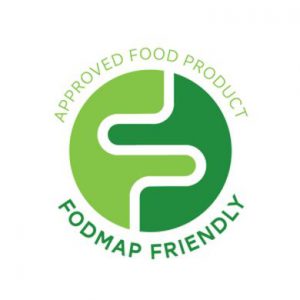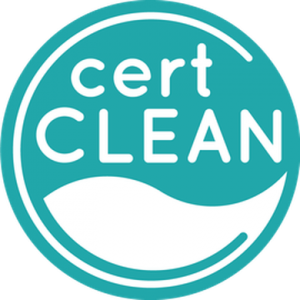By Jen Johnston, CHHC, senior marketing services account manager, for the Step into Natural blog series
Natural brands fill their product packages with certifications in an effort to communicate to shoppers how their product stands apart from competitors. Certifications might focus on transparency, social issues, lifestyle diets, and other dietary concerns.
In my previous post, I talked about why certifications matter to pharmacies. Today I’ll share four more certifications to be aware of.
Certified Paleo
 This certification mostly applies to food, so some of your snack products may include the symbol on their package. There is a mother/daughter team behind the certifying body, The Paleo Foundation, with an interesting background story about how the daughter stopped her medical problems by adopting a strict paleo diet.
This certification mostly applies to food, so some of your snack products may include the symbol on their package. There is a mother/daughter team behind the certifying body, The Paleo Foundation, with an interesting background story about how the daughter stopped her medical problems by adopting a strict paleo diet.
Certified Paleo products contain Paleo ingredients, but may have some 21st century processing or packaging methods allowing for shelf stability. In addition to certifying paleo products, they certify Keto and Grain Free products as well.
Certified Kosher
Kosher foods are prepared following strict Jewish dietary guidelines. There are hundreds of organizations around the world that certify Kosher products, however the four most well-known certifications are from the United States. Their symbols are “OU,” “Kof-K,” “OK,” and “Star-K.” There are also regional, international, and Israeli certifying bodies. According to The Spruce Eats, “As interest in organic, vegan, and GMO-free foods grows, kosher consumers have begun to seek out these special designations, along with kosher certification. A handful of savvy certifiers, most notably EarthKosher and Natural Food Certifiers, are now offering companion certifications to go with their kosher approvals.”
most well-known certifications are from the United States. Their symbols are “OU,” “Kof-K,” “OK,” and “Star-K.” There are also regional, international, and Israeli certifying bodies. According to The Spruce Eats, “As interest in organic, vegan, and GMO-free foods grows, kosher consumers have begun to seek out these special designations, along with kosher certification. A handful of savvy certifiers, most notably EarthKosher and Natural Food Certifiers, are now offering companion certifications to go with their kosher approvals.”
FODMAP friendly
According to fodmapfriendly.com, “the FODMAP Friendly certification program is the only registered certification trademark worldwide certifying FODMAP levels in food products that have been laboratory tested to be low in FODMAPs. It is designed to enable consumers with symptoms of Irritable Bowel Syndrome (IBS) who are following a Low FODMAP diet to easily identify and select suitable packaged food products. The easily recognizable FODMAP Friendly logo assists people with such symptoms to shop and eat with confidence.” For more information about the low FODMAP diet and how it relates to independent pharmacy, read this.
a Low FODMAP diet to easily identify and select suitable packaged food products. The easily recognizable FODMAP Friendly logo assists people with such symptoms to shop and eat with confidence.” For more information about the low FODMAP diet and how it relates to independent pharmacy, read this.
CertClean
The CertClean website describes CertClean as North America’s leading certification for safer beauty and personal care products. The certification was developed in Canada because, according to CertClean, “in Canada, if just one chemical in a cosmetic is natural or organic, the product is legally allowed to  be marketed as entirely natural or organic.” On the eligibility page, they link to a list of ingredients that are not allowed in CertClean certified products. CertClean exists to make shopping for natural and organic personal care products easier for consumers.
be marketed as entirely natural or organic.” On the eligibility page, they link to a list of ingredients that are not allowed in CertClean certified products. CertClean exists to make shopping for natural and organic personal care products easier for consumers.
All the symbols on products can be confusing to shoppers who aren’t looking for a specific symbol. Be ready to answer questions from patients on what the relevance of certain certifications are as they begin showing up on more and more food, OTC, and personal care items, especially in the natural products realm.